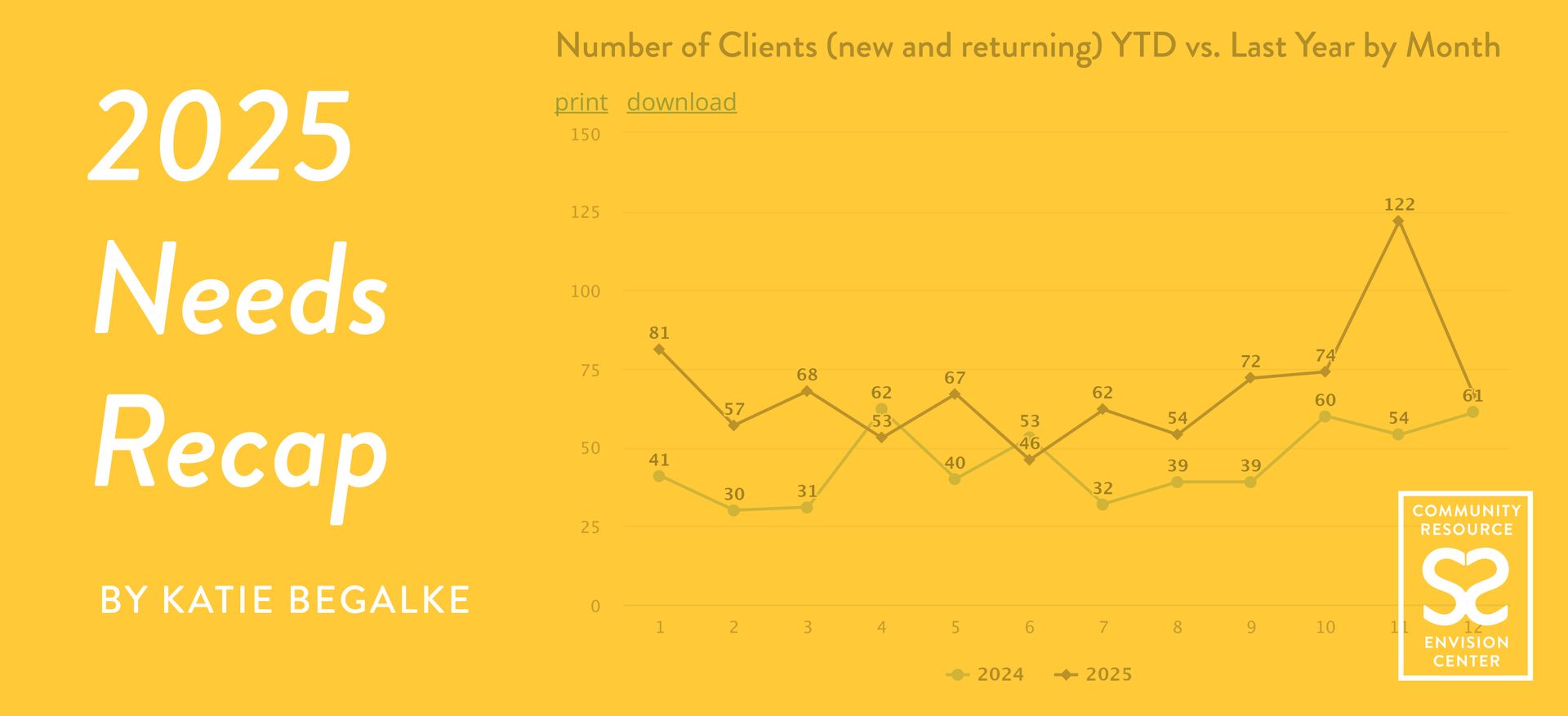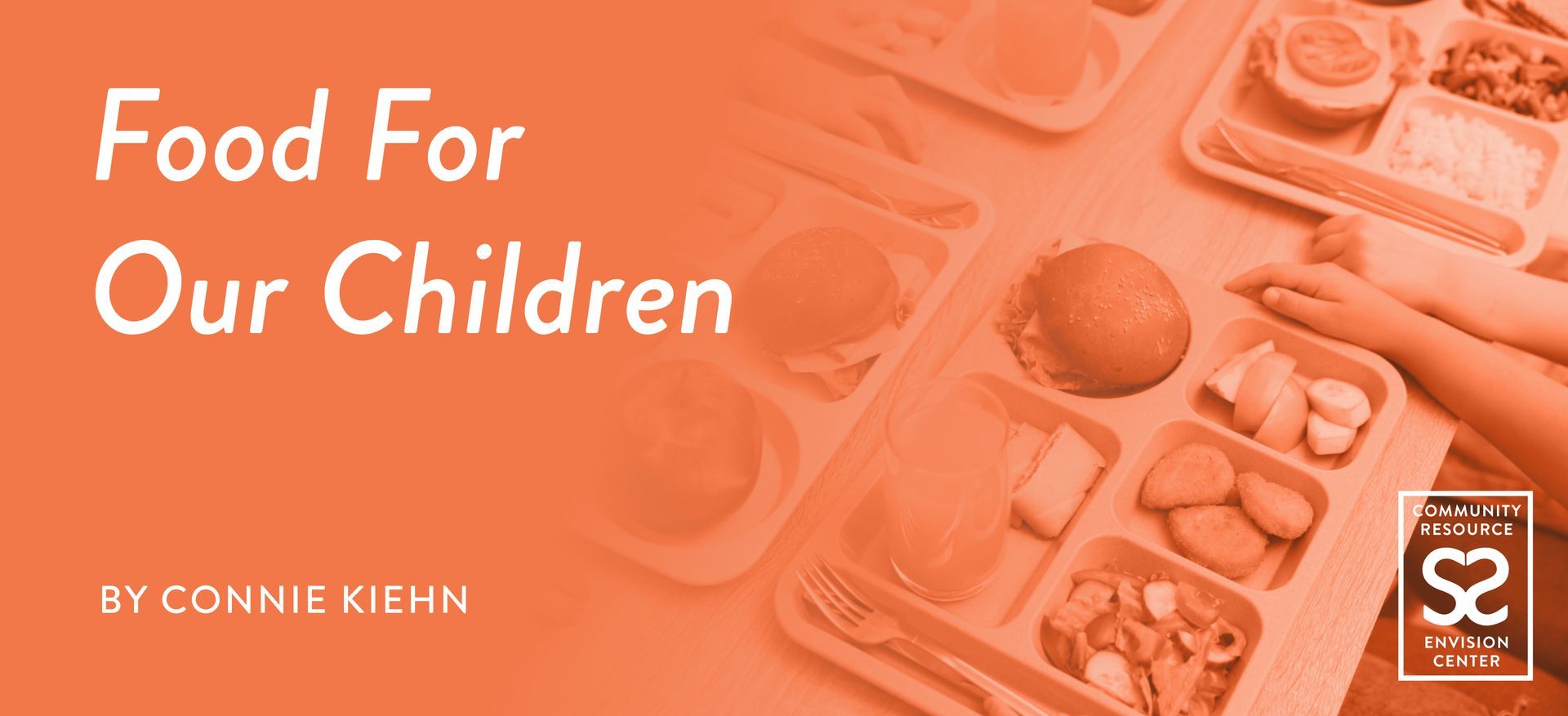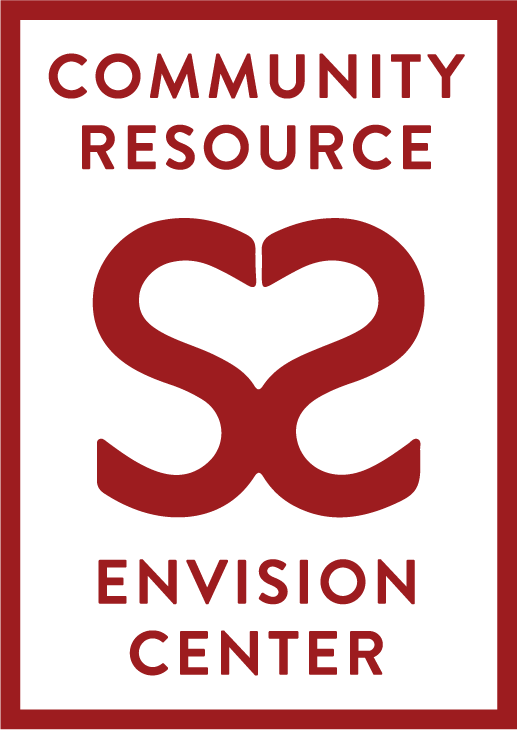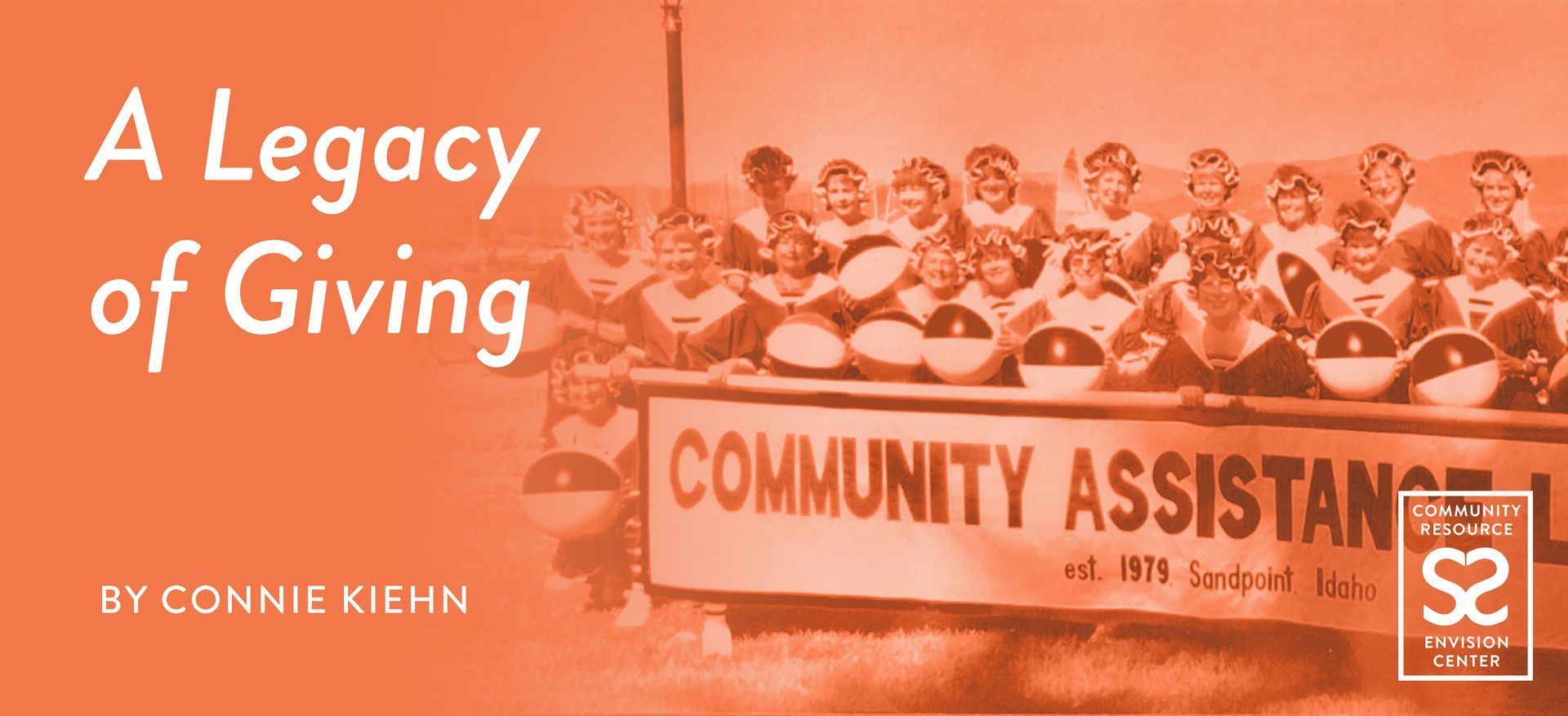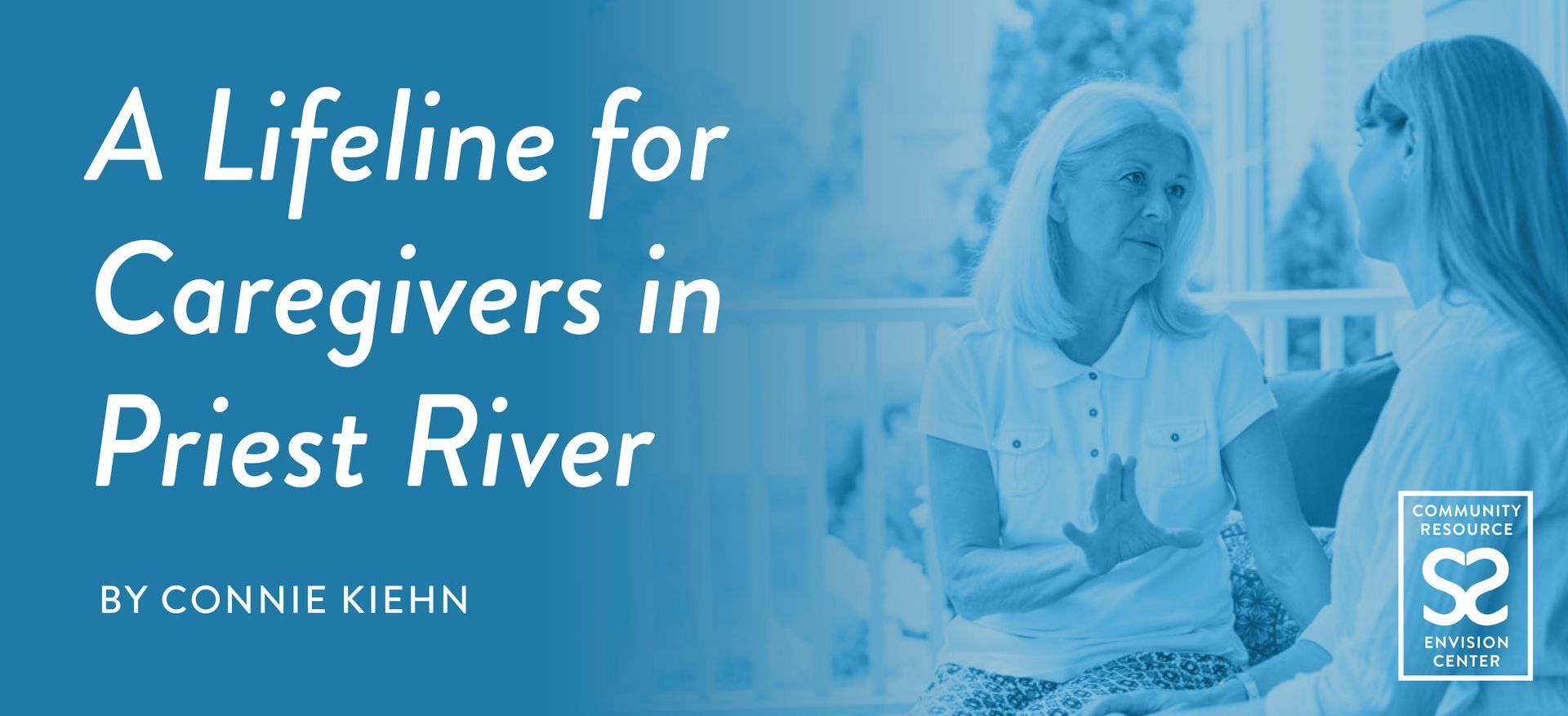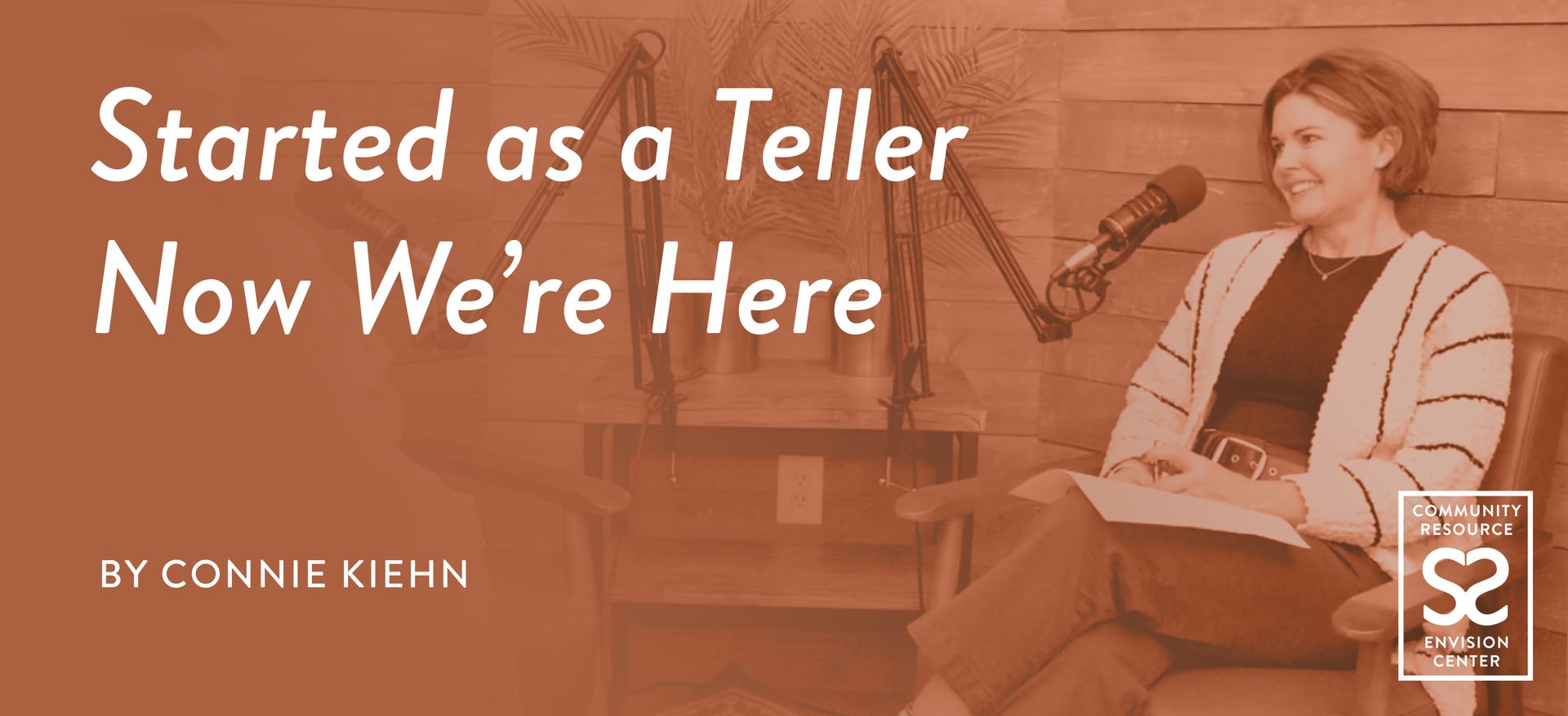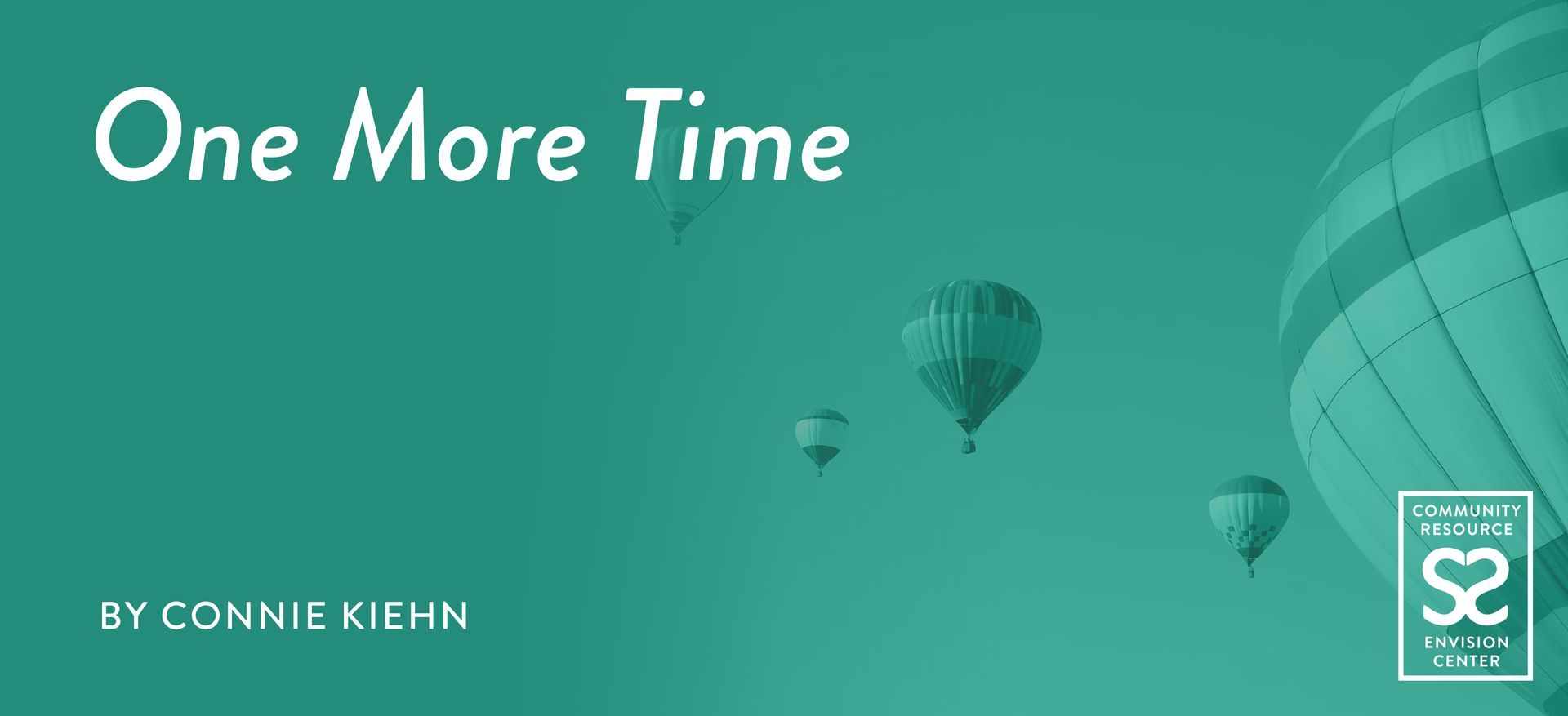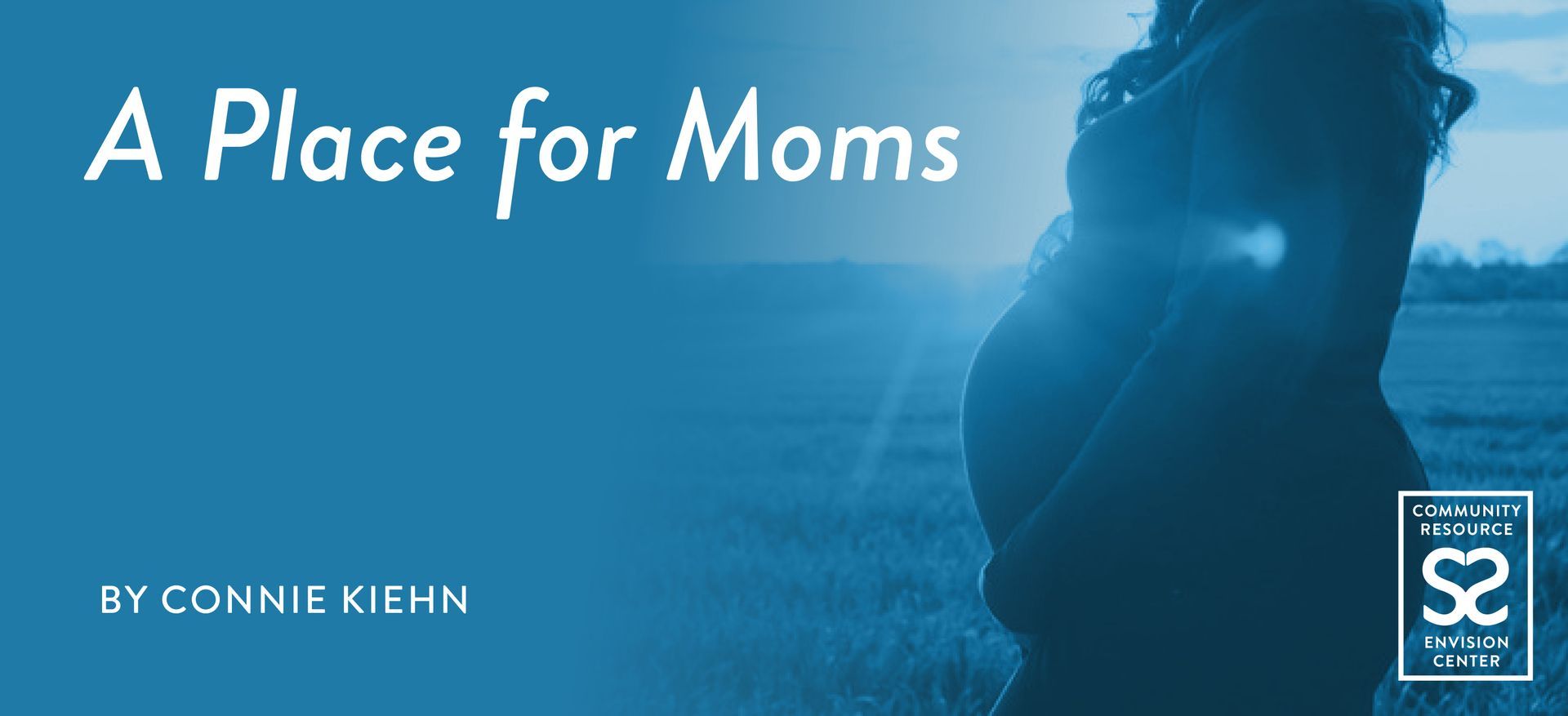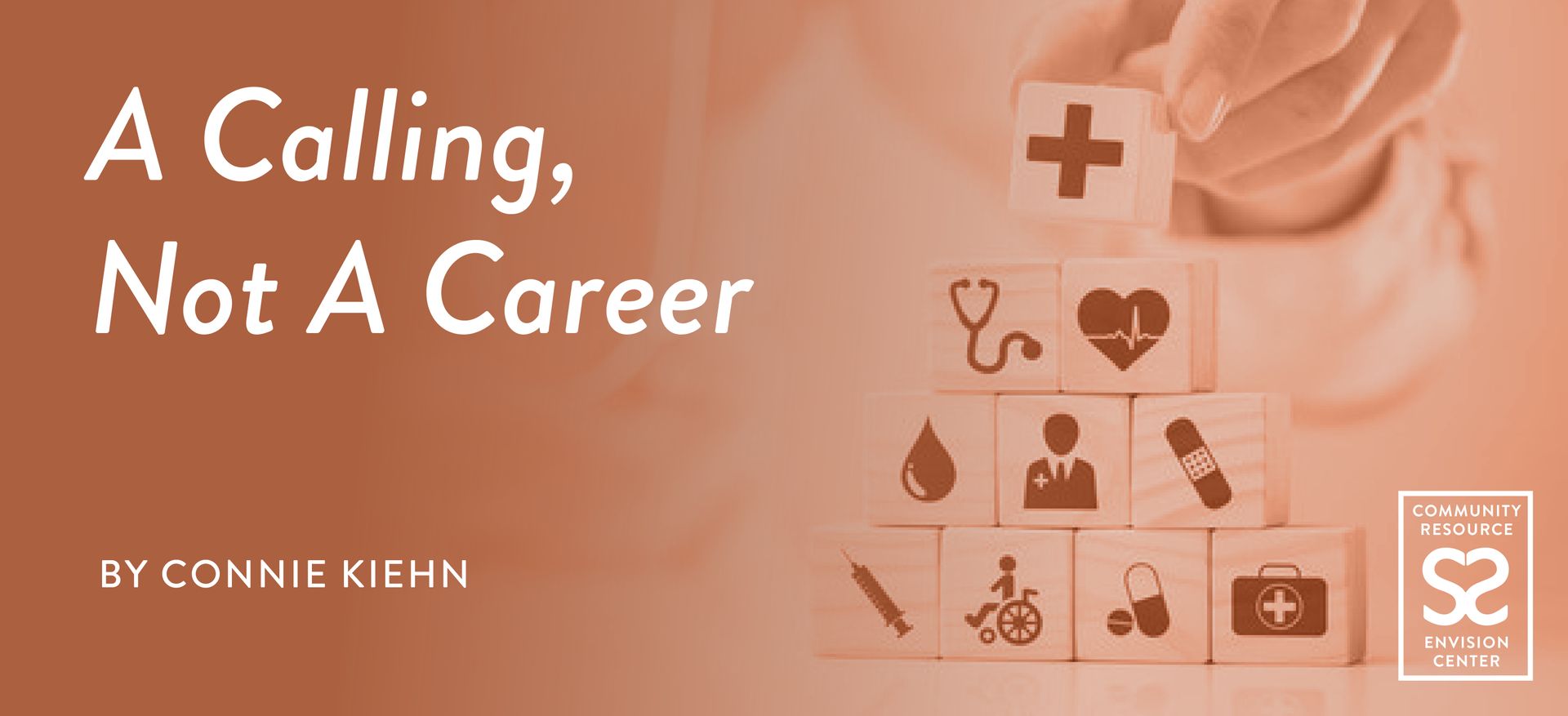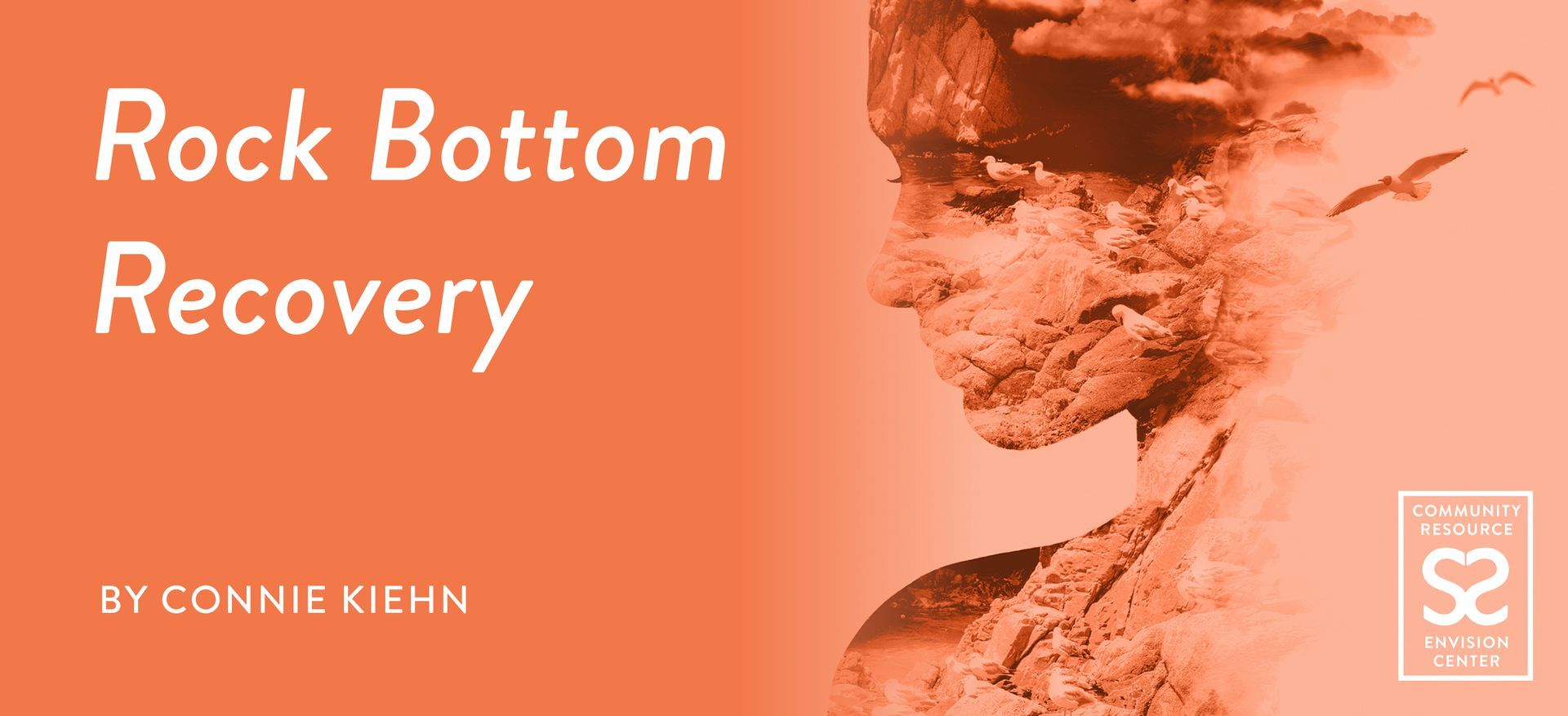
Tess hit rock bottom after repeated encounters with the law, numerous probations, and a long history of disappointment in herself and from her family. Alcohol and drug abuse had been a part of her life since before she became a teen mom. Years later, in 2017, now married and raising two more young children, she found herself in trouble again. She was heavily intoxicated, wrecked her car, and was arrested. This time, she knew the consequences would be harsh, and she was right. Tess received a 15-year prison sentence. Although she had tried counseling and experienced brief periods of sobriety before, it was the long prison sentence that finally pushed her to take real action.
"Now that I’m looking back I realize that the judge who gave me the sentence saved my life,” says Tess.
After that final run-in with the law, Tess committed herself fully to changing her life. She entered a structured program and focused on sobriety, counseling, and rebuilding relationships before the sentencing even happened. But the sentencing did happen though Tess found herself in prison for far less than 15 years. The rider program, or retained jurisdiction ended up being a turning point for her. Because it was her first felony offense, the judge decided to give her a chance under retained jurisdiction instead of sending her straight to prison. That meant she would serve about six months in a structured correctional treatment facility rather than years behind bars.
During that time, she completed intensive substance use and mental health programming, something she says she had never fully committed to before. The structure, routine, and focus on accountability forced her to slow down and really look at her life.
When she got out, she was granted probation instead of a full sentence, but more importantly, she finally had the tools and mindset to stay sober. Tess has said that while she never wants to go back, she’s grateful for that experience because it gave her the foundation for her recovery.
When Tess talks about recovery, it is not just theory, it’s personal. Having walked through addiction and found her way back, she founded and now leads 208 Recovery, a peer-led recovery organization that is changing lives across North Idaho.
Tess also got a job with the 988 Suicide and Crisis Lifeline as part of the mobile crisis response team. She provides support, guidance, and resources to help callers stay safe and navigate their next steps, whether that means connecting them to local services, offering coping strategies, or simply being a compassionate listener in a moment of intense need. Tess’s work ensures that people in crisis have a lifeline—literally and figuratively—to help them through the most difficult moments.
Tess’s role with Idaho’s 988 Suicide and Crisis Lifeline complements her work at 208 Recovery in powerful ways. Responding to crisis calls across multiple regions, she witnesses firsthand the struggles that individuals face with mental health, substance use, and life challenges. This experience informs the programs and support she develops at 208 Recovery, allowing her to tailor services to real, pressing needs in the community. At the same time, her work at 208 Recovery gives her insight into the long-term journeys of recovery, which enriches her perspective when responding to people in immediate crisis.
Recently, 208 Recovery opened its first brick-and-mortar community center in Coeur d’Alene, a milestone Tess fought for years to make happen. The center is already connecting with people referred by local agencies and individuals looking for a second chance.
"We’re seeing new faces every day. Sometimes people just need to hear, 'It’s okay,' and know they’re not alone,” says Tess.
The center offers programs that range from housing support and court advocacy to group meetings like AA, NA, and Dharma Recovery, a mindfulness-based alternative. There is even a youth prevention and leadership program in the works, and a local doctor recently volunteered to lead a veterans group.
"He’s my unicorn," Tess laughs. "He just showed up one day and said he wanted to help."
Even with all her accomplishments, Tess remains humble.
"I don’t feel like I’ve done that much," she admits. "I’ve worked in nonprofits for eight years, which isn’t that long compared to others, and sometimes I wonder, 'Why are they coming to me?'"
That mindset has led 208 Recovery to achieve meaningful outcomes, like housing support for people coming out of jail. If someone is incarcerated and homeless, they’re at high risk of falling back into the system. 208 Recovery will pay for their first month’s rent in transitional housing so they have time to get back on their feet, return to work, and connect with counselors.
Through all of it, Tess continues to push forward, blending humility with action, and proving that meaningful change comes from perseverance, compassion, and the courage to say yes to helping others.


